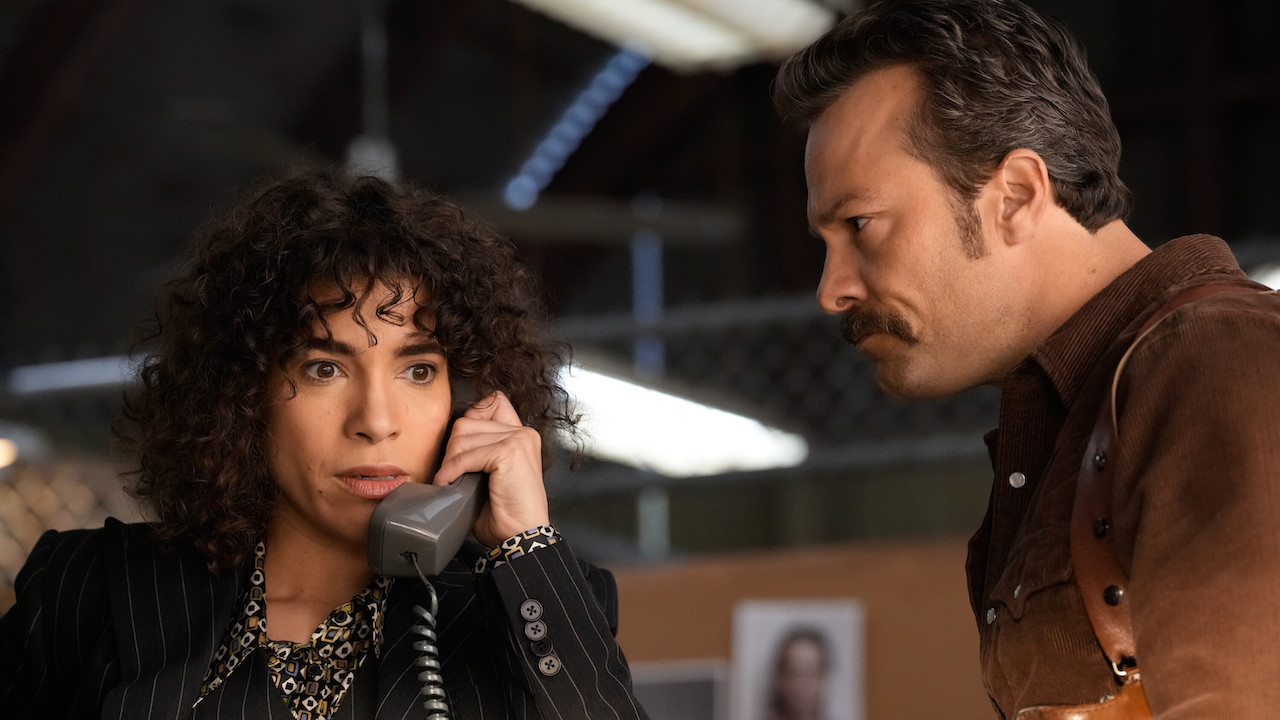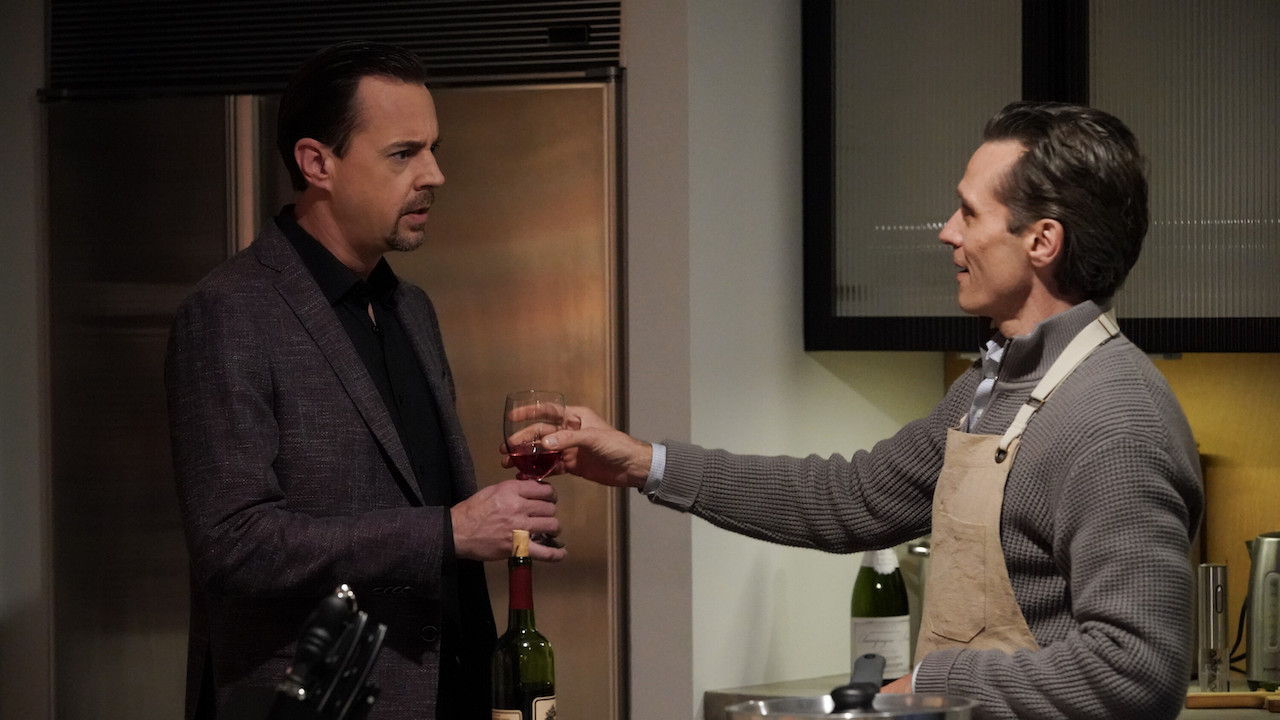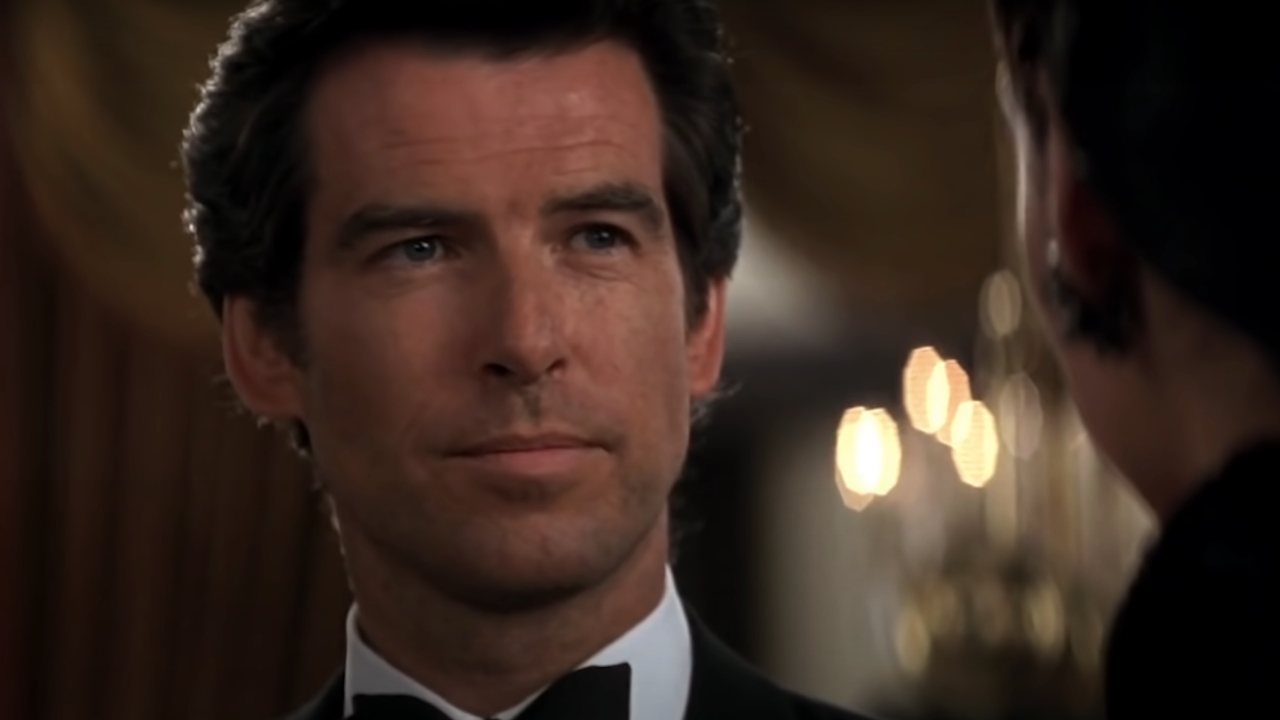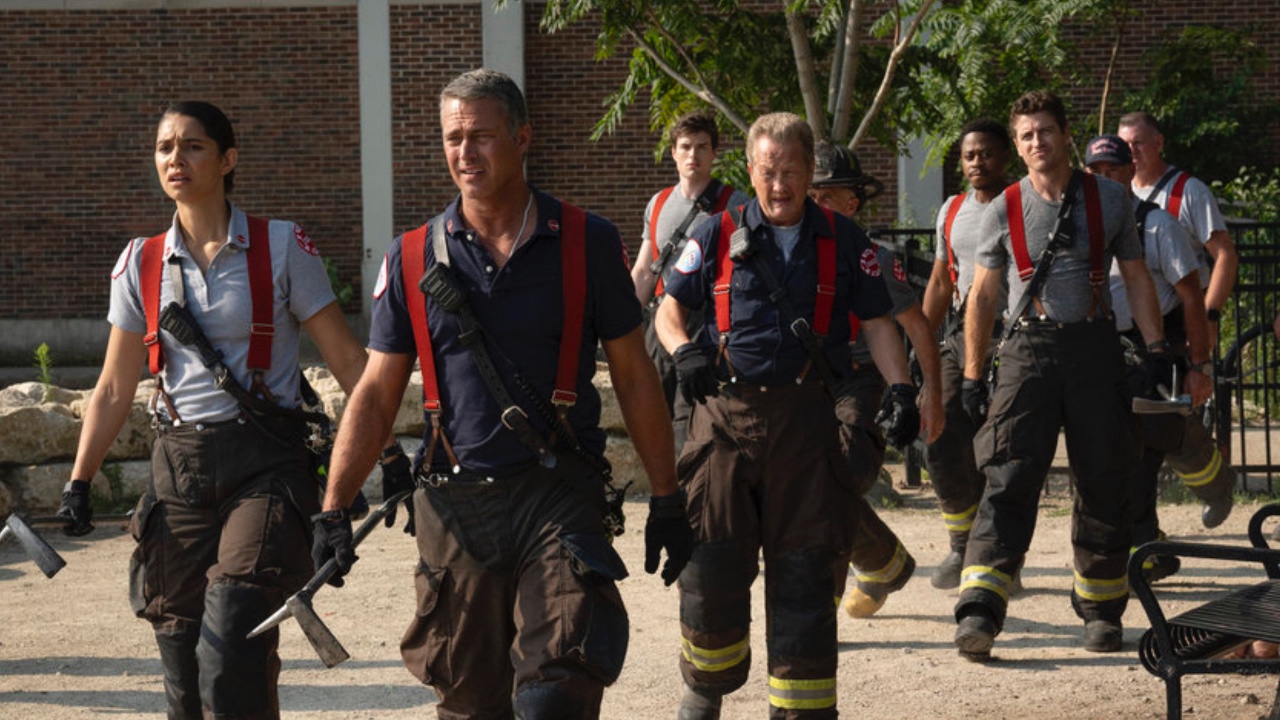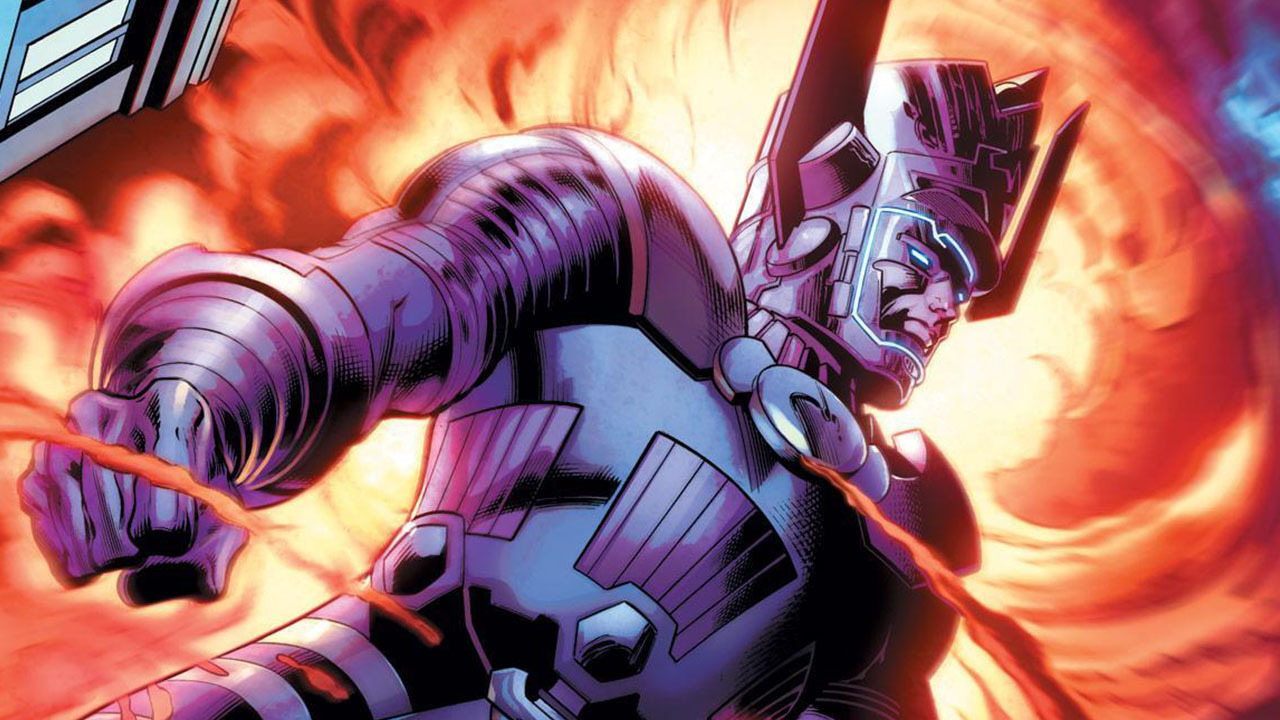5 Ways Star Trek Beyond Improves On Into Darkness
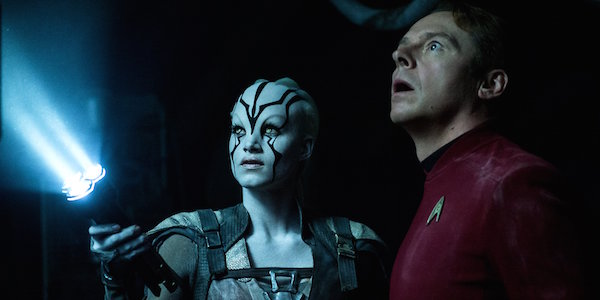
It looks as though Star Trek Beyond will soon boldly go where few have gone before: it will join the thin ranks of solid cinematic threequels. Despite a somewhat lackluster marketing campaign, the film has already captured the collective imagination of critics and garnered some incredibly positive reviews. Justin Lin has taken iconic characters like James T. Kirk (Chris Pine), Spock (Zachary Quinto), and Bones (Karl Urban), and breathed new life into their iconic personas.
There's no denying that Beyond is a solid entry to the Star Trek lore, and its status is further bolstered by the fact that it represents a major improvement over the last Star Trek movie, Star Trek Into Darkness. We've taken it upon ourselves to compile a list of reasons why Beyond definitively represents a step in the right direction for the beloved franchise. If you're a legitimate Trekkie, we think you will agree. Now let's get the ball rolling with one of the most instantly obvious improvements...
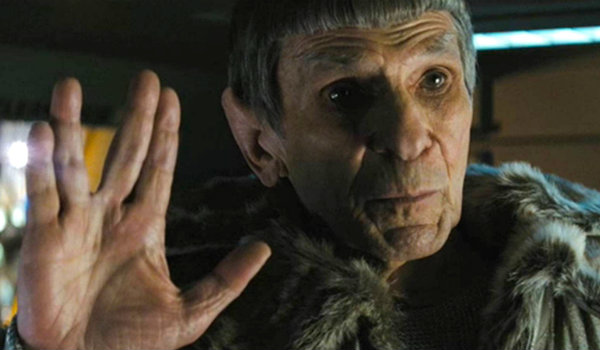
It Features Appropriate Levels Of Fan Service
The hallmark of a strong Hollywood franchise is the ability to please modern audience, while still serving the rabid fan boys who made a particular film series popular in the first place. J.J. Abrams' Star Trek films have specifically gone out of their way to make sure that genuine Trekkies never felt forgotten, but Into Darkness went way off the rails with how much it tried to honor Wrath of Khan. Star Trek Beyond aggressively reels in the fan service, while still paying serious homage to the late, great Leonard Nimoy and his own Enterprise crew. It goes to show that fan service requires a gentle hand, rather than a heavy one.
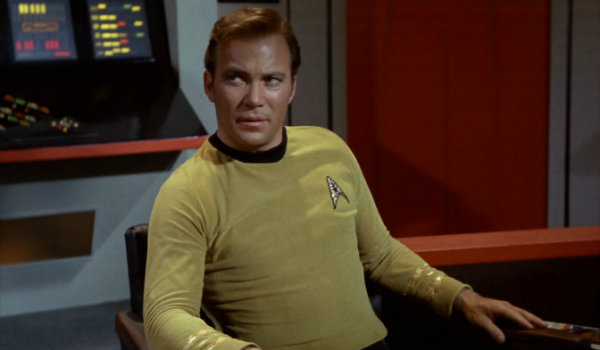
Beyond Feels More Like Gene Roddenberry's Vision Than Into Darkness
One of the most important elements of Star Trek that sets it apart from the average sci-fi affair is the way in which it depicts the state of humanity. Gene Roddenberry crafted a universe centered upon a version of Earth that had figured its problems out, assembled a utopia, and set out to extend that perfect vision across the galaxy. Into Darkness turned that idea on its head by giving audiences a version of humanity and Earth that mirrored the flaws of our own. Although the corruption, greed, and dystopia made for interesting drama, it didn't feel like the Star Trek we have all come to know and love over the last 50 years. Star Trek Beyond seemingly corrects course by looking and feeling more like the utopian universe crafted in the 1960s.
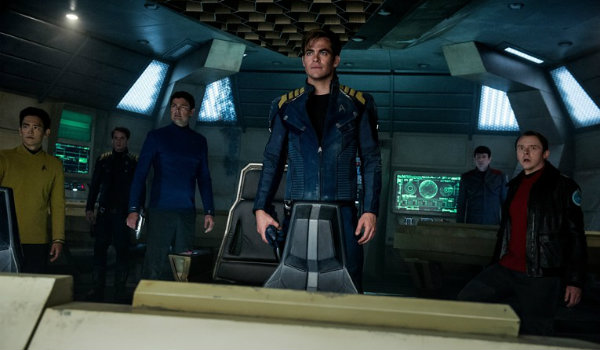
It Feels Like More Of An Ensemble Film
Without question, one of the biggest improvements that Star Trek Beyond makes over Into Darkness comes in the way it treats the crew of the Enterprise. Sure, Captain Kirk is still definitely the main character, but the movie gives way more screen time to the eclectic personalities of the famous starship. After being totally sidelined in the last movie, characters like Bones (Karl Urban) and Scotty (Simon Pegg) feel like the breakout stars of Beyond, and arguably hold our interest more than the ship's captain. Everyone experiences a definitive "hero moment" throughout the run time of this movie, and as such everyone's contribution to the ultimate narrative feels far more powerful as a result.
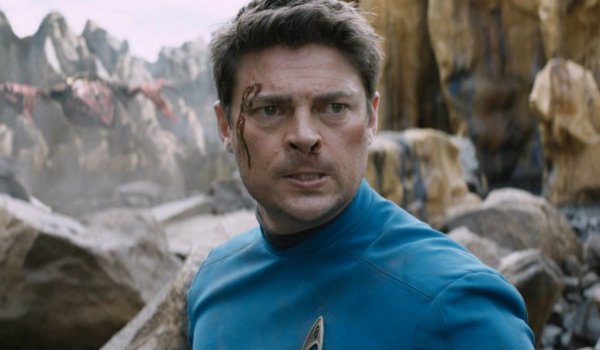
It's Actually Fun
Although this seems a bit on the nose, Star Trek Into Darkness really featured an overwhelmingly dark tone to its story. While we understand that was pretty much the point, the fact remains that Beyond has far more fun with its narrative while keeping itself founded in the drama of the events unfolding on the screen. Life or death situations receive the appropriate amount of weight, but the movie goes out of its way to ensure that these moments also feature enough levity to lighten the load. We primarily have Karl Urban and Zachary Quinto in particular to thank for this, as Star Trek Beyond feels like the Bones/Spock buddy cop movie that nobody realized they needed.
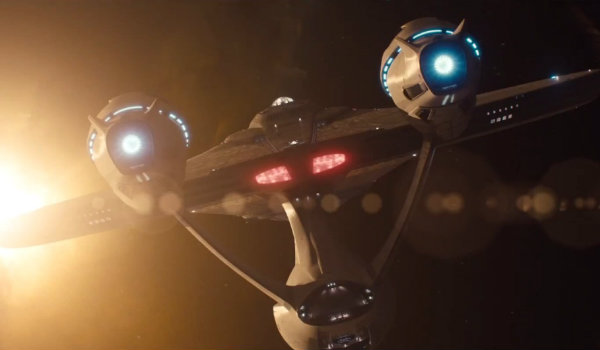
They Actually Trek Into The Stars
It's something of an oddity that the new continuity of Star Trek movies have taken this long to get to the actual exploration of outer space. The entire premise of the original series revolved around the Enterprise seeking out new life across the cosmos, but the last installment in the series kept most of the drama grounded near Earth. Star Trek Beyond rectifies this issue and sees the crew of everyone's favorite starship actually taking part on its five-year mission that has become so iconic. Kirk and his crew are futuristic pioneers, and we want to see all of the drama and intrigue that goes into living such a life.
CINEMABLEND NEWSLETTER
Your Daily Blend of Entertainment News
Originally from Connecticut, Conner grew up in San Diego and graduated from Chapman University in 2014. He now lives in Los Angeles working in and around the entertainment industry and can mostly be found binging horror movies and chugging coffee.


